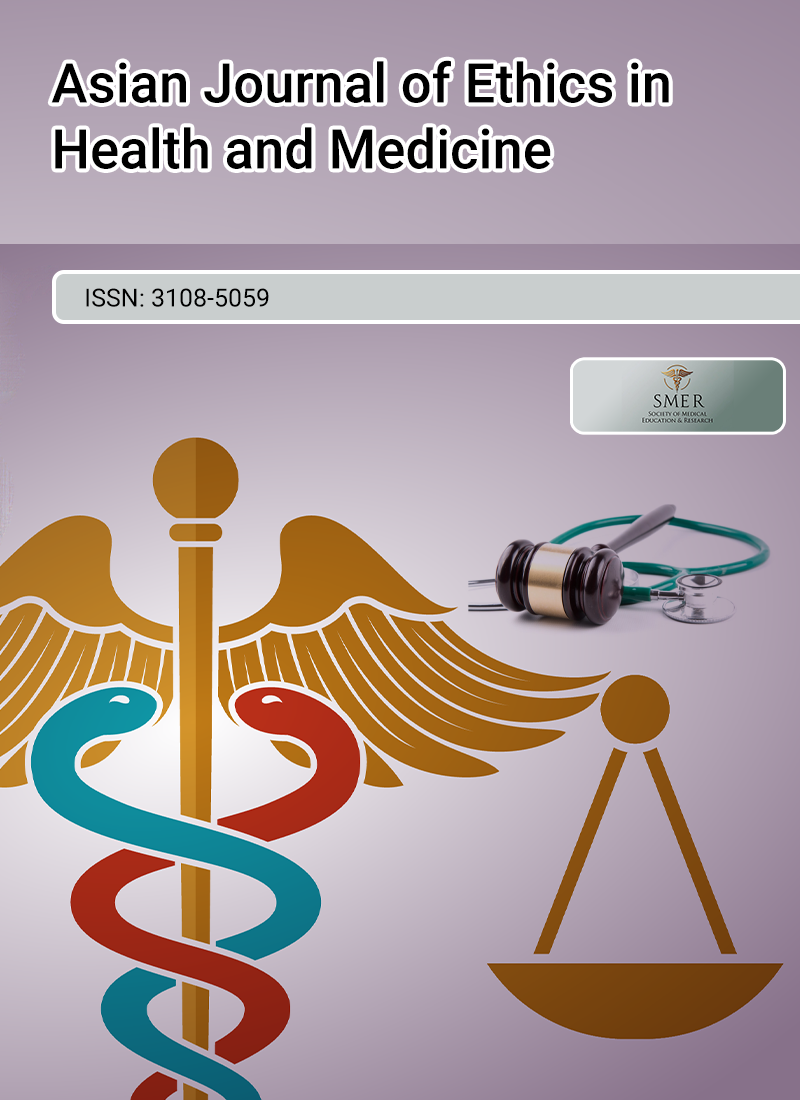
Artificial intelligence (AI), including large language models (LLMs), holds significant promise for oncology, yet the extent of medical oncologists’ knowledge, attitudes, and ethical concerns regarding AI is not well understood. This issue is especially pertinent in Türkiye, home to roughly 1,340 practicing oncologists. We conducted an online, cross-sectional survey through the Turkish Society of Medical Oncology from October 16 to November 27, 2024. The questionnaire collected information on demographics, AI experience, self-rated knowledge, attitudes, ethical and regulatory perceptions, and training needs. Quantitative data were analyzed descriptively, with visualizations created in R v.4.3.1, and qualitative responses were examined manually. A total of 147 oncologists participated (≈11% of the national workforce). While 77.5% reported using AI, mainly LLMs, only 9.5% had formal AI education. Respondents generally supported AI use in prognosis, research, and clinical decision support but raised concerns about its impact on patient interactions and public perception. Ethical considerations focused on patient care, research integrity, and academic writing. More than 79% felt current regulations were inadequate and recommended ethical audits, legal guidelines, and patient consent. Almost all participants expressed interest in AI training, highlighting a clear educational gap. Turkish medical oncologists approach AI with cautious optimism but point to major gaps in education, regulation, and ethical oversight. Addressing these issues is essential for responsible AI implementation. Findings are limited by the single-country focus; additional studies are needed to generalize results and track evolving perceptions as AI develops.